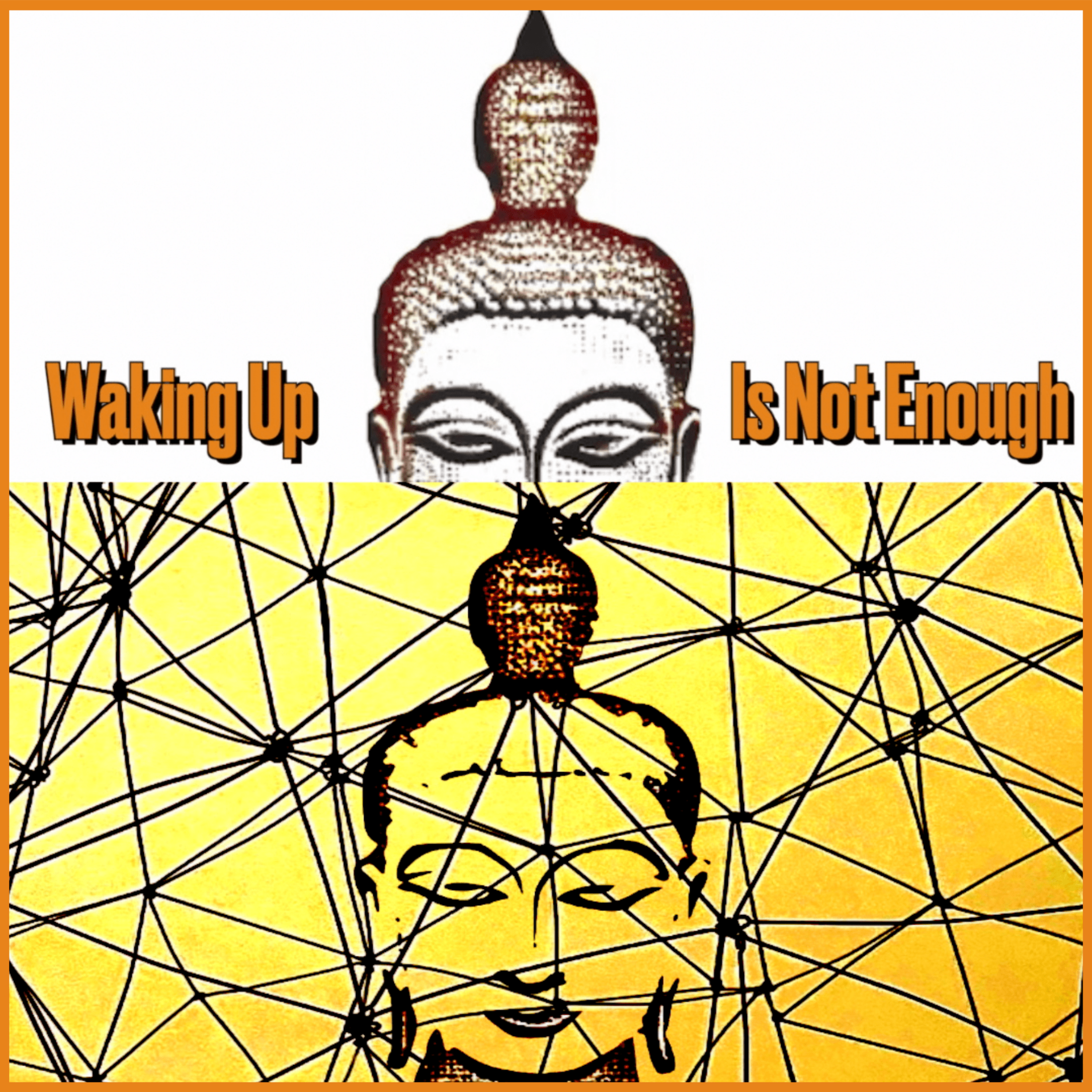At the later stages of Ego Development, people naturally encounter self-evaluated standards in place of group norms and begin to feel intensive responsibility for their own achievements, self-respect and creative fulfillment. They no longer look to others for support or approval, even though they still long for it. Full-blown post-conformity gradually unfolds into coping with inner conflicts and ambivalence, respect for individuality in self and others, deep acceptanceof the unattainable, and cherishing of particularity and even irreconcilable differences.
These types of non-conformity include complex thoughts, ideals, and feelings about themultiplicity of different selves in human social contexts.Some of these features can by perceived through conformist (and even somewhat post-conformist) lenses asbeing impulsive, manipulative, or self-promoting. In this podcast, Mike and Polly talk about these and other paradoxes involving post-conformist adult development that can be mistaken as uncaring or “off the wall.” At the “highest” stages of ego development, individuals often experience alienation and non-witnessing because there are few others who embrace the full wisdom of human awareness at later stages of development.

In Part 2, Mike and Polly engage with Ken Wilber, a prominent American theorist and writer in transpersonal psychology, in a deep dive into...

What is the normal mind? Why do ordinary adults have so many differences and conflicts about what is real or true? Perhaps you have...

In his current scientific investigations, Donald Hoffman proposes that the fundamental building blocks of reality are not particles or atoms but conscious entities. He...